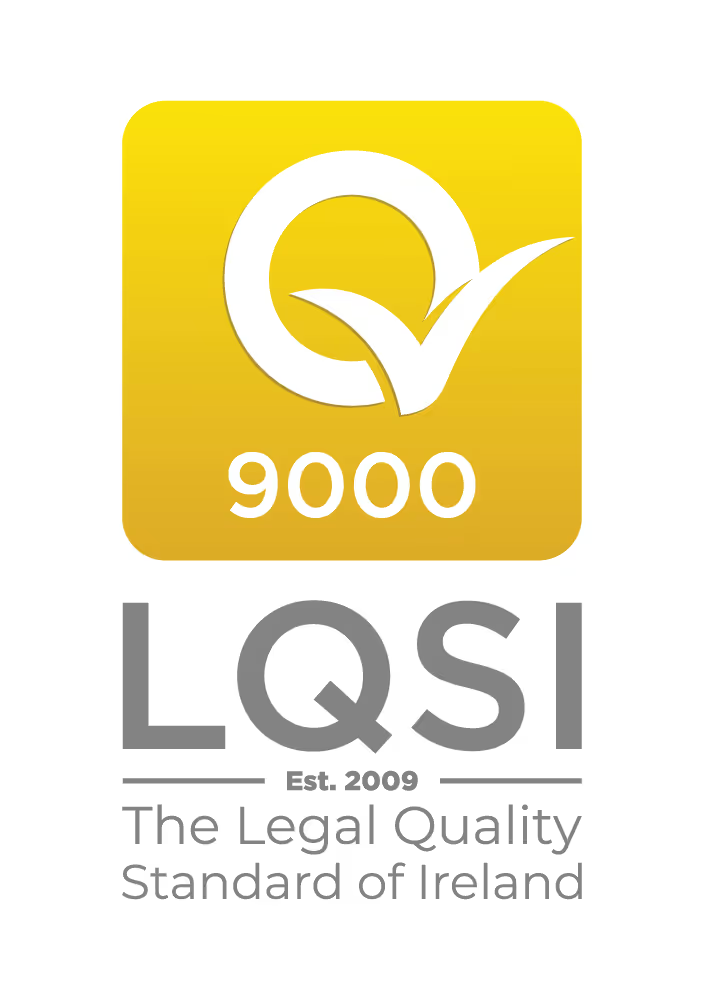The European Commission (the “Commission”) has confirmed plans to introduce an EU-wide tax on aviation jet fuel for airlines operating flights in and from the EU as part of the Commission’s overhaul ‘Fit for 55’ legislative package.
The new measures were announced by the Commission on 14th July 2021 as part of the EU’s ambitious targets to reduce emissions by at least 55 percent by 2030 compared to 1990 levels making the EU the first climate neutral continent by 2050.
This is the most comprehensive set of proposals the European Commission has ever presented on climate and energy.
Under the new tax rules, the Commission is proposing to phase out the free emission allowances which the aviation sector currently receive under the existing Energy Taxation Directive in order to put the EU on a firm path to zero emissions. The proposed levy would apply from 2023 across all member states and increase gradually over 10 years until the full rate is imposed to allow the aviation sector to recover from the impact of the COVID-19 crisis. The minimum rate will depend on the energy content, expressed in euros per gigajoule.
By introducing the levy the Commission is encouraging the uptake of sustainable fuels in the aviation sector. The rules promote sustainable aviation fuel which will oblige fuel suppliers to blend an increasingly high level of sustainable aviation fuels into existing jet fuel uploaded at EU airports, as well as incentivise the uptake of synthetic fuels, known as e-fuels. These measures are estimated to help cut aviation emissions by up to 10%.Undoubtedly this will have an impact for all airlines operating flights to and from the EU. Costs associated with this tax may be passed on to consumers through higher fares causing a decrease in the number of passengers travelling. Fuel-efficient airlines may become more popular reducing competition in the industry. Nonetheless, if all airlines operating within the EU are required to pay the same tax rate, they will all be put at the same comparative disadvantage.
Airlines for Europe, which represents major European carriers, said the EU's "Fit for 55" policies threatened the competitiveness of airlines and the tourism industry and warned airlines could end up paying twice for emissions through overlapping measures. Environmental groups, by contrast, say the EU could do more on items like fuel taxes, which will remain limited to intra-EU flights, and the promotion of the cleanest e-fuels.It appears that the tax will not apply to cargo-only flights or to “business aviation” which includes recreational use of an aircraft or a company using a plane for a business purpose. Member states will retain discretion whether to tax those flights' fuel on a national basis.Despite any potential negative consequences on airlines, this tax will benefit the environment. The overarching aim is to encourage airlines to start switching to sustainable fuels to curb emissions. Uptake of such fuels has been hampered by high costs, and they make up less than 1% of Europe's jet fuel consumption at present. These measures will provide further impetus to Lessors and Airlines to look at new generation fuel efficient aircraft when placing orders.
For more information please contact Claire McDermott, at email: clairemcdermott@fod.ie or phone +353 1 6424259; James Duggan, at email: jamesduggan@fod.ie or phone +353 1 6424252; or any member of the Flynn O’Driscoll Aviation Team.This note is for general information purposes and does not constitute legal advice. Legal advice must be obtained for all individual circumstances. Each case must be assessed on its own merits.
- Further details of our team can be found here.









